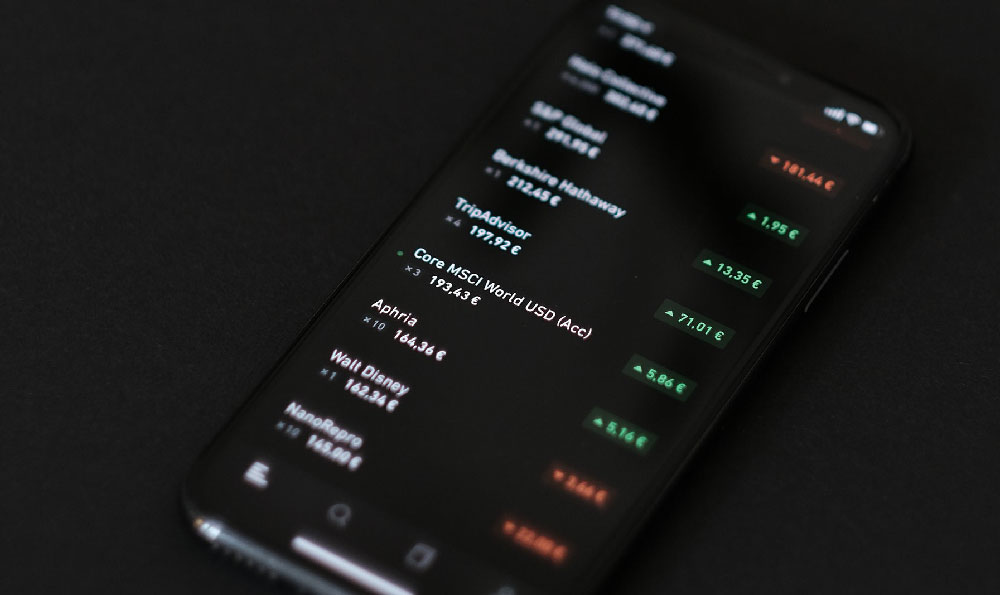Producing a podcast is a powerful way to connect with audiences, but turning that passion into a profitable venture requires careful planning and strategic execution. The process begins with understanding the diverse avenues available to generate revenue, each offering unique opportunities and challenges. As the digital content landscape evolves, creators must adapt their monetization strategies to align with both market demands and audience expectations.
One effective approach is leveraging advertising and sponsorship deals, which remain a cornerstone for many podcasters. Integrating sponsored content into episodes can create a steady income stream, but success hinges on maintaining listener trust. Brands seek partnerships that feel organic, so aligning with sponsors whose values resonate with your audience is crucial. For example, a fitness podcast may collaborate with wellness brands, embedding product mentions seamlessly into discussions about health routines. Additionally, placing display ads between segments or creating tailored sponsorships with measured engagement metrics can boost earnings. By analyzing listener demographics, podcasters can refine their advertising tactics, ensuring that the content remains relevant while maximizing ad revenue.
Another avenue for profit is implementing subscription models, allowing fans to directly support the show through recurring payments. This method often requires offering exclusive benefits, such as early access to episodes, bonus material, or live Q&A sessions, to incentivize donations. Platforms like Patreon enable creators to structure their subscriptions around tiers, granting varying rewards based on contribution levels. The advantages here include predictable income and deeper audience engagement, but challenges may arise in maintaining consistency and managing expectations. A compelling value proposition, combined with regular updates and high-quality content, can sustain long-term subscriber interest.

Brand collaborations also present a lucrative possibility, particularly for podcasts with a strong niche identity. Establishing partnerships where the brand’s message aligns with the podcast’s theme can generate revenue without compromising authenticity. For instance, a tech podcast might partner with software companies to provide in-depth reviews or tutorials. These collaborations can take the form of product placements, affiliate marketing, or exclusive brand deals, such as producing a limited-edition podcast with branded elements. Clear communication with partners and a focus on mutual benefits ensure these partnerships thrive.
Beyond traditional methods, monetization can extend into creating merchandise, workshops, and digital products. Fans often show loyalty by purchasing branded items, such as T-shirts or mugs, designed with the podcast’s visual identity. Hosting live events or workshops allows for physical attendance fees, while digital products like e-books or online courses can sell repeatedly without additional production costs. To scale, podcasters may adopt an affiliate model, earning commissions for sales generated through promo codes or links shared during episodes. This requires a focus on creating content with educational or entertaining value, as well as a seamless sales funnel for digital products.
Additionally, exploring sponsorship opportunities through niche platforms or direct deals can provide tailored revenue. While mainstream platforms offer broad reach, niche networks may enable more targeted collaborations. For example, a gaming podcast could partner with smaller indie developers who are eager to promote their titles to a specialized audience. Direct deals allow for customized terms, such as specific time slots or episode themes, which can be more profitable than generic sponsorships. However, negotiating these deals requires clarity on audience size, engagement metrics, and the value the podcast brings to the brand.
Monetizing a podcast also involves integrating affiliate marketing into content creation. By promoting relevant products or services, podcasters can earn commissions for every sale or referral generated through their links. This method requires careful selection of affiliate programs that align with the podcast’s niche, as well as transparent disclosure to maintain credibility. For example, a travel podcast might partner with booking platforms to share travel deals, benefiting both the audience and the creator. Tracking conversions and optimizing product recommendations based on listener preferences can enhance the effectiveness of these strategies.
Finally, podcasters should consider the broader financial landscape, including the possibility of diversified revenue sources. By combining multiple methods—such as ads, sponsorships, and affiliate marketing—creators can build a resilient income model. Also, understanding the audience’s financial behavior, such as their willingness to pay for premium content or their interest in exclusive products, can inform tailored monetization approaches. As the podcasting industry grows, remaining adaptable and innovative ensures creators can capitalize on new opportunities while maintaining a loyal listener base.
Generating revenue from podcasts requires more than just audience acquisition; it demands a strategic blend of content quality, audience engagement, and financial planning. By exploring these avenues with careful consideration of sustainability, legality, and audience value, creators can transform their passion into a profitable venture while navigating the complexities of the digital market.












